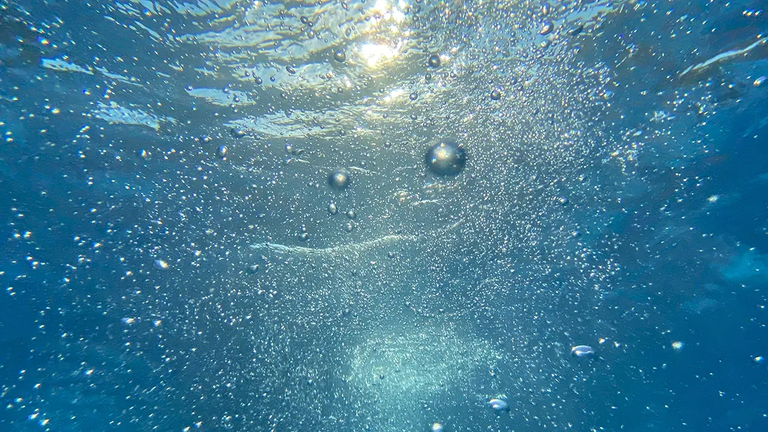Water plays a critical role in the world's ecosystems through various processes such as the water cycle, which includes evaporation, condensation, precipitation, and runoff. Water as we know is also essential for supporting life, as it serves as a habitat for many species and is involved in nutrient transport and various ecological processes to emulate. However, the concept of water having "memories" in a scientific context is not established.
The theory of water memories is the purported as the ability of water to retain a memory of substances previously dissolved in it even after an arbitrary number of serial dilutions. It has been claimed to be a mechanism by which homeopathic remedies work, even when they are diluted to the point that no molecule of the original substance remains, but there is no evidence for it.
Despite the lack of scientific evidence, the theory of water memories remains popular among some people, especially those who support the use of homeopathic remedies even with the lack of scientific evidence, the theory of water memories remains popular among some people, especially those who support the use of homeopath with different mechanisms that have been proposed to explain water memories, but none of them have been experimentally verified. Some of the proposed mechanisms are:
Electromagnetic exchange of information between molecules: This theory proposes that water molecules can exchange information with each other through electromagnetic waves, even after the original substance has been removed.
Breaking of temporal symmetry: This theory proposes that the process of diluting a substance can break temporal symmetry, which would allow water molecules to retain a memory of the substance even after it has been removed.
- Thermoluminescence: This theory proposes that water molecules can emit thermoluminescence (lightwhichndey are heated ainformationhis light can contain information about the substances that have previously been dissolved in the water.
Entanglement described by a new quantum theory: This theory proposes that water molecules can andand ntangled with eacallowingcan allow them to retain a memory of each other even after they have been separated.
- Formation of hydrogen peroxide: This theory proposes that the process of diluting a substance can generate hydrogen peroxide, which can act as a signaling molecule and trigger biological effects.
Clathrate formation: This theory proposes that water molecules can form clathrate cages, which can trap molecules of the original substance even after it has been diluted to the point where it is no longer detectable.
Conclusion
In general, the study of water in the world's ecosystem is a vast field that encompasses areas like hydrology, water quality, and the role of water in sustaining life and ecological systems. However, the idea of "water memories" as a formal theory or concept is not widely documented in the available sources.
